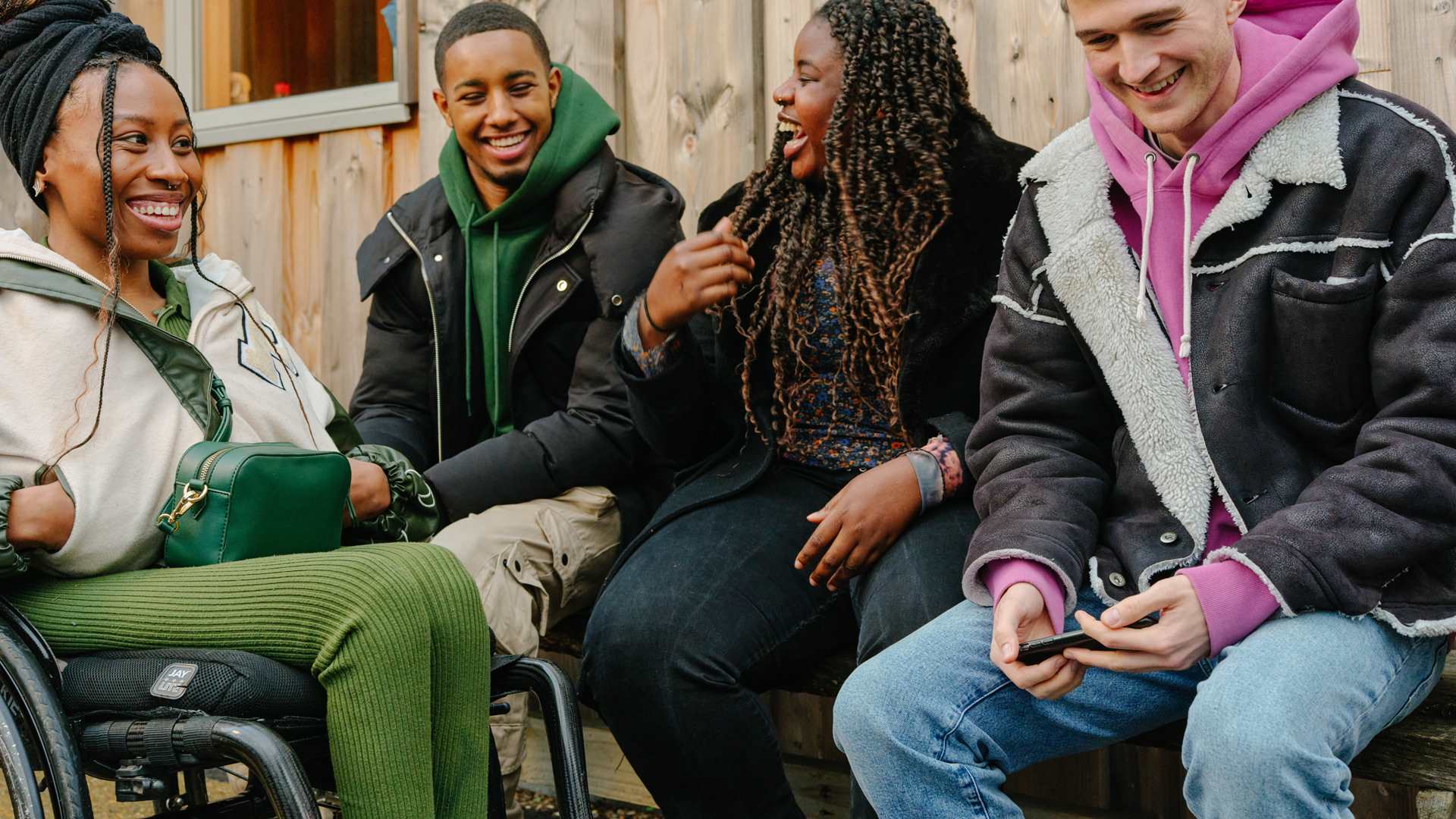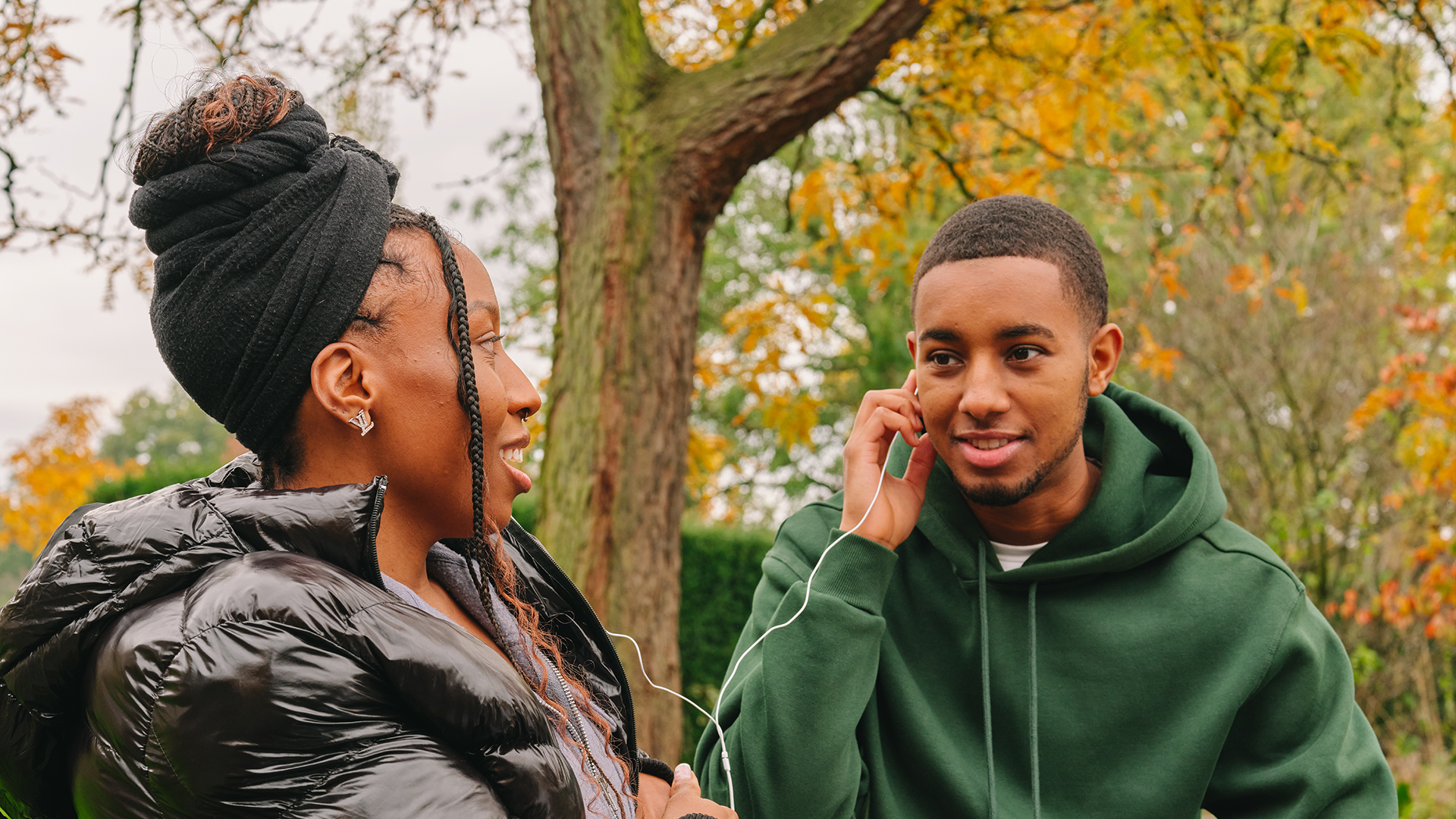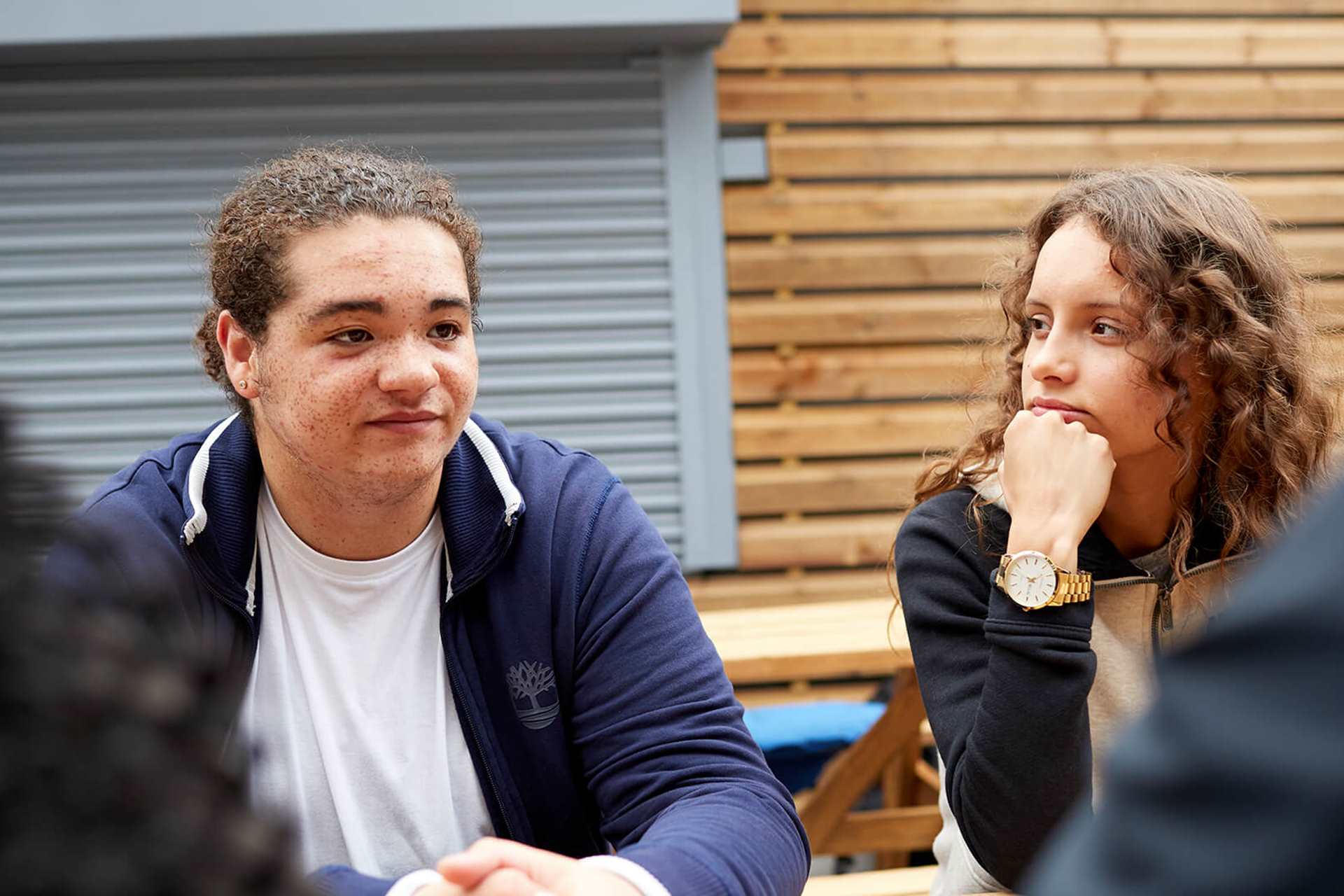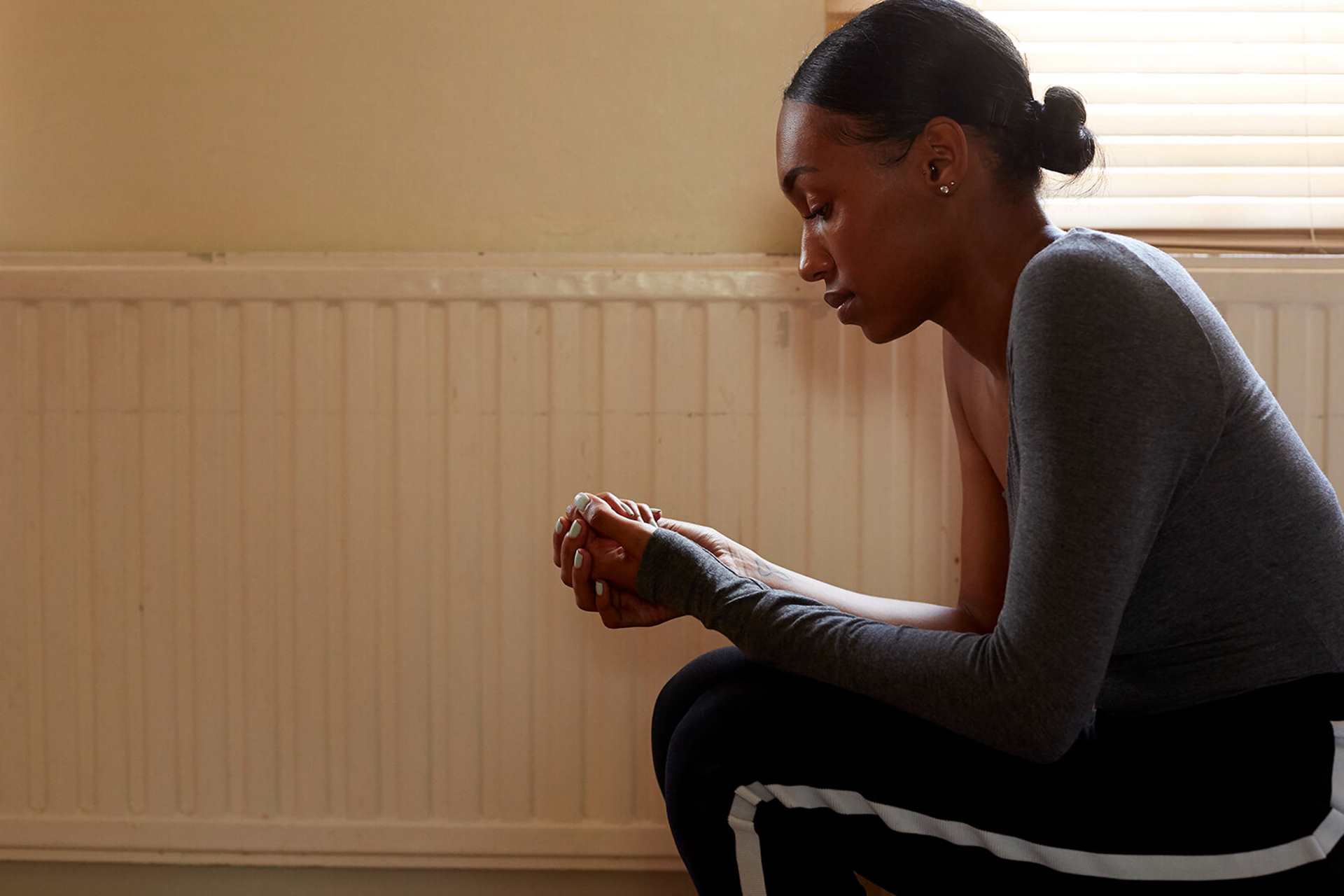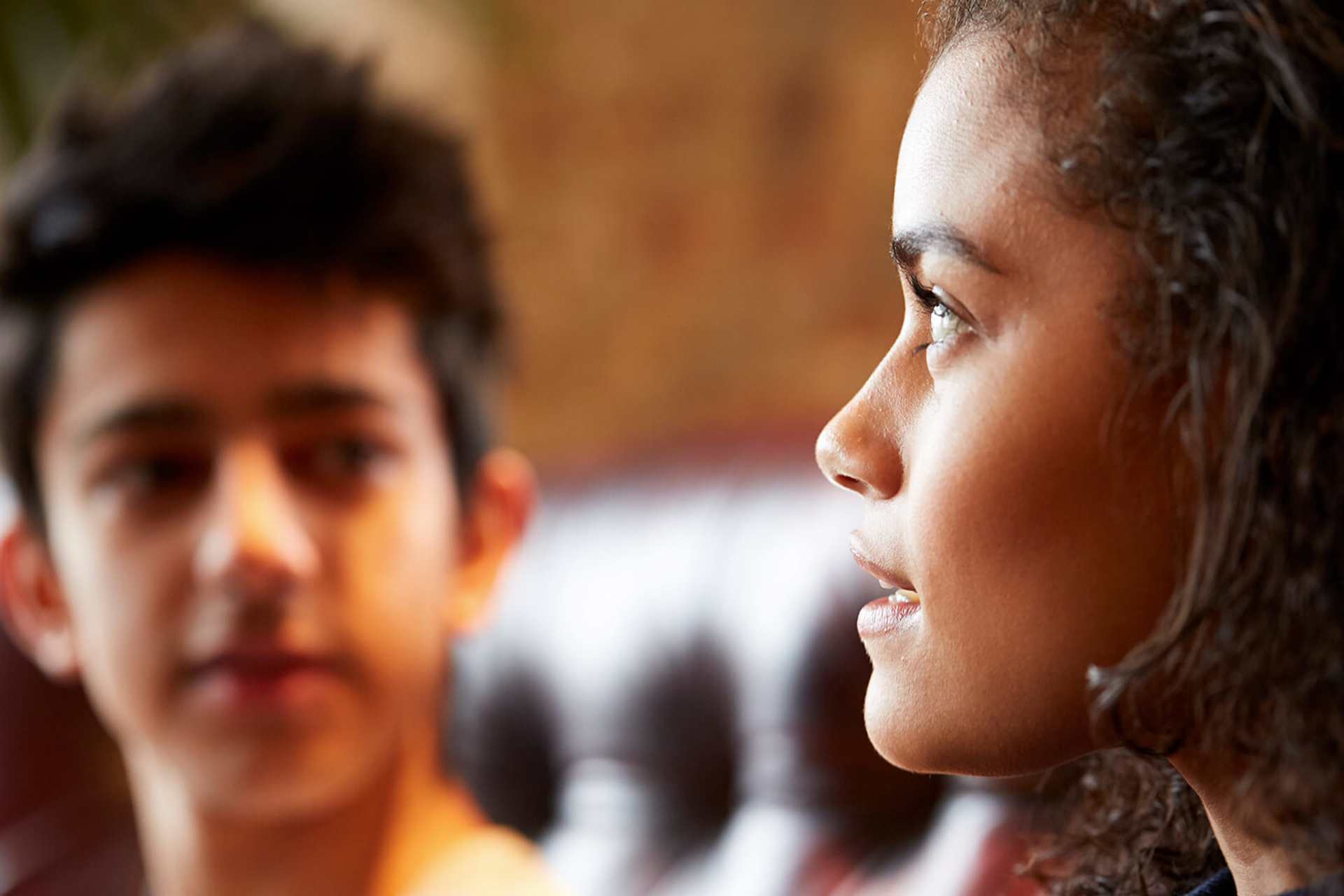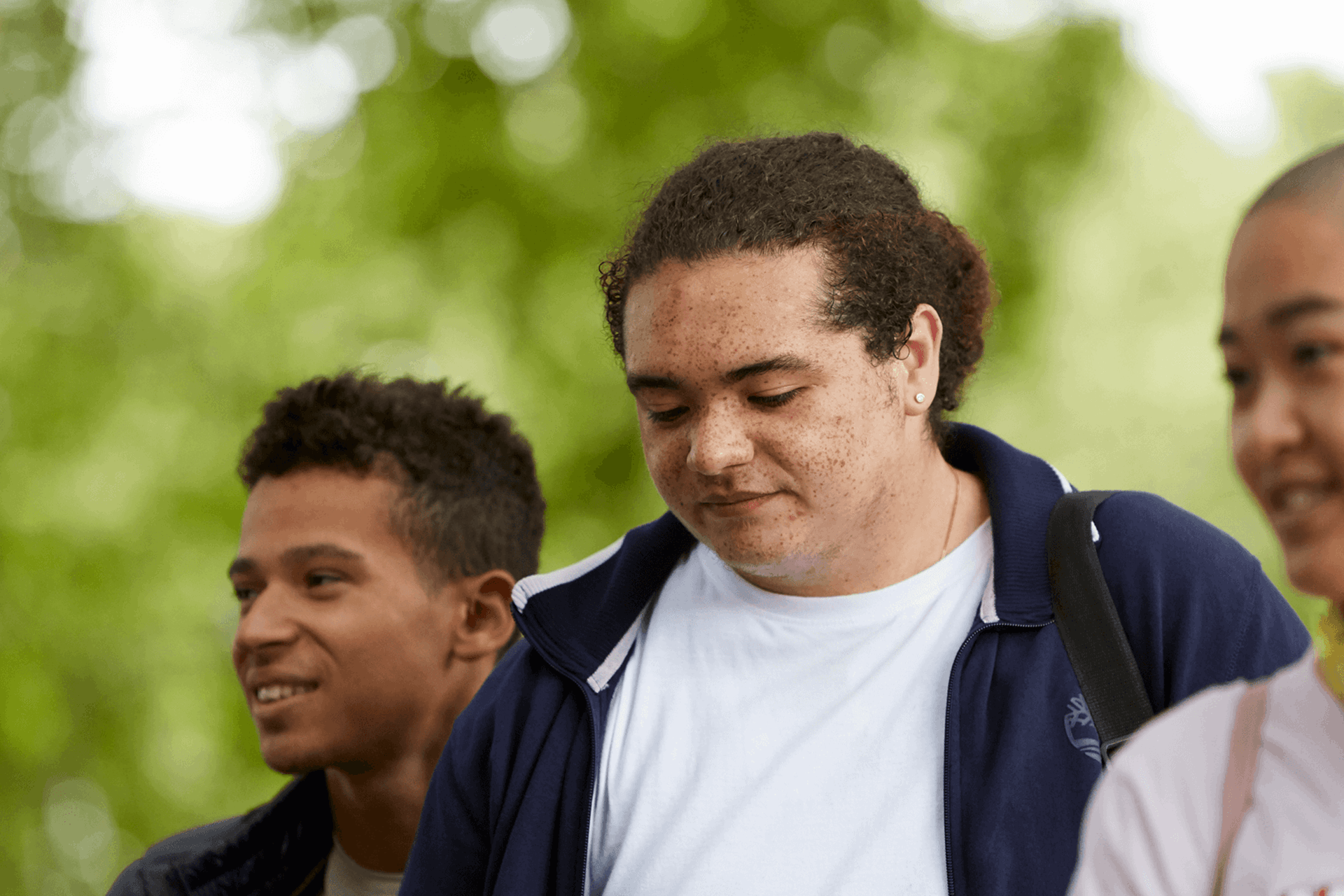What is an eating problem?
We all have our unique eating habits. One day you might eat loads and the next you might not be as hungry. There may be times when you swing between wanting to eat healthier or just indulging a bit. That’s completely normal.
But sometimes the way we feel about food and eating can become overwhelming and cause anxiety or stress. Here are some signs that you might be suffering from an eating problem:
- heavily controlling what or how much you eat
- getting urges to rid your body of food
- feeling like you can’t stop yourself from eating
- turning to food to deal with your emotions
- feeling guilty for enjoying food
Eating problems are more common than you might think. They can affect anyone, no matter your body shape, lifestyle, gender, culture, age, or ethnicity. And it’s not just girls who can be affected – studies say about 25% of people dealing with an eating disorder are male.
Lots of things can trigger eating problems, but here are a few possible causes:
- feeling stressed or worried, or if things in your life just don’t feel right
- another mental health condition, like anxiety
- images we see in the media or on social media – these can make us feel we have to look a certain way, or be a certain weight
Signs and symptoms of eating problems
Here are some possible symptoms of eating problems:
- losing your appetite
- eating when you’re not hungry or to cope with your feelings
- obsessing about your body shape, like being ‘too fat’ or ‘not muscly enough’
- eating only certain types of foods or following fad/extreme diets
- being afraid of gaining weight
- constantly thinking about food
- dramatic weight changes, or trying to gain a lot of muscle
- making yourself sick or using laxatives (drugs that make you poo more)
- leaving the table quickly to be sick or hide food
- being secretive about eating or preoccupied with food
- feeling self-conscious about or not wanting to eat with others
- feeling guilty for eating or worrying about eating certain foods
- wanting to eat but not being able to
- limiting the amount that you eat to help you feel in control
- exercising a lot more than usual or feeling like you have to exercise after eating
You might think you know what an eating disorder looks like, but everyone gets different symptoms and your weight or appearance don’t always define the problem. If you’re struggling with any of these symptoms, speak to someone you trust or contact a helpline.

Being around unfamiliar foods and eating dinner daily with my extended family, most of whom I had never met before, was very difficult. As I have lived in London my whole life, and am no longer fluent in my mother tongue, I felt disconnected from the traditional Gujarati culture and attitudes. In India, having an eating disorder was another thing that made me feel even more alien.
Different types of eating disorders
If you’ve been struggling with eating and food for a while and it’s impacting your day-to-day life, a doctor might diagnose you with an eating disorder. We’ve got information for you about some common eating disorders below.
People with anorexia nervosa (sometimes just called anorexia) try to keep their weight down by eating very little, exercising too much, or both. They often have “rules” about what, when or where they eat. They might think they’re larger than they actually are and worry about gaining weight.
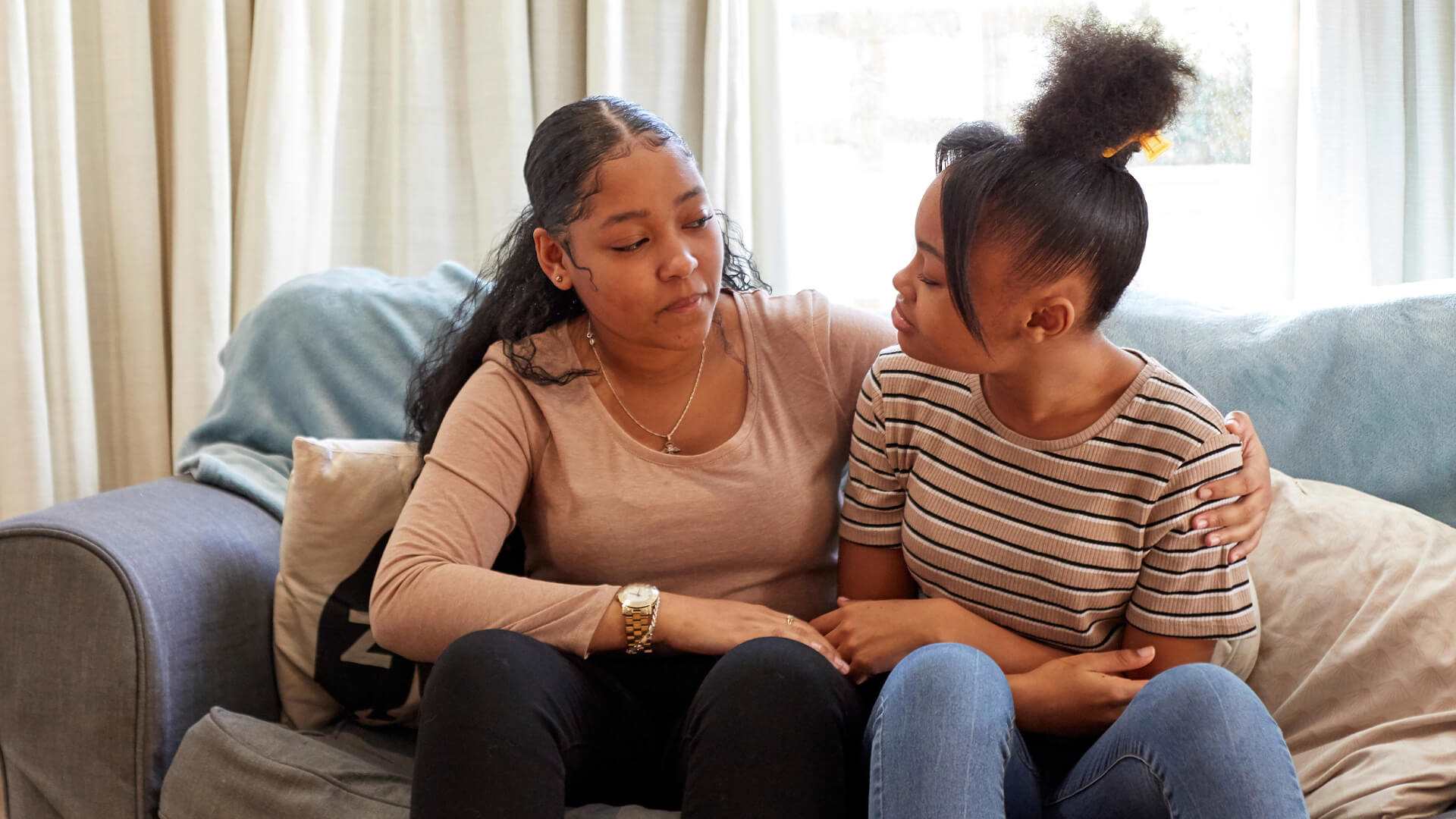
When I finished school, I started university and held down three part-time jobs on the side. Life was good. But I was oblivious to what everyone else saw; I was kidding myself. I was diagnosed with anorexia and it became clear that it was well and truly taking over. It was ruining me physically and mentally. I had a very difficult relationship with food and I was very depressed, but still I tried to carry on as if I were fine.
ARFID stands for ‘avoidant/restrictive food intake disorder’. It used to be called a selective eating disorder. People with ARFID avoid certain foods or types of food. Or they limit how much food they eat. Unlike anorexia, people with ARFID don’t necessarily do this to lose weight.
Some common reasons people with ARFID limit their food intake are:
- Sensory sensitivity – you might struggle with the appearance, smell, texture, temperature or taste of certain foods. Autistic people can sometimes struggle with this if they have sensory differences that cause them distress or discomfort.
- Limited interest in food – you might not realise when you are hungry, see eating as a chore, or just not enjoy eating.
- Worries about the consequences of eating – if you’ve had a frightening experience with choking, vomiting, or stomach pain, you might be afraid that this’ll happen again. So you stick to what you think are “safe” foods.
People with bulimia get into a cycle of “binge-eating” (over-eating) and “purging” (trying to control your weight by making yourself sick, using laxatives, or over-exercising).
Lots of us eat a bit more than usual sometimes, but bingeing is different. It’s often very distressing, uncontrollable, and can involve eating things you’d usually avoid. It’s also often followed by a desire to purge, and people can get trapped in a cycle of bingeing and purging.
People tend to binge as a way of dealing with difficult emotions. If life is getting a bit much and you’re feeling out of control, purging can feel like a way of getting back on top of things. But bulimia can seriously damage your body, so reaching out for help is crucial.
Binge-eating disorder is a condition where people regularly and uncontrollably eat loads of food really quickly. They feel like they can’t stop eating and can do this even when they’re not hungry. It’s common for people to feel embarrassed or ashamed afterwards.
Sometimes these binges can come out of the blue, but other times they’re planned, like if the person buys particular foods. Some people go to extreme lengths to get food, like eating food that’s been thrown away or isn’t theirs.
Unlike bulimia, people with binge-eating disorder don’t usually “purge” afterwards. This means they don’t try to get rid of the food in their body.
OSFED is a term for lots of different eating disorders. It stands for ‘other specified feeding or eating disorder’. If you’re having problems eating but your symptoms don’t neatly fit with the symptoms of anorexia, bulimia or binge-eating disorder, you’ll likely be diagnosed with OSFED.
Here are some typical examples of OSFED:
- Atypical anorexia – when you have all the symptoms of anorexia, but your weight remains within a “normal” range.
- Binge-eating disorder (low frequency/limited duration) – when you have the symptoms of binge eating disorder, but not as often or for as long.
- Bulimia nervosa (low frequency/limited duration) – when you have the symptoms of bulimia, but the cycles of bingeing and purging don’t happen as often or don’t last as long.
- Night eating syndrome – when you eat a lot at night even after your dinner, or you wake up in the night to eat.
- Purging disorder – when you purge, like with bulimia, but it’s not part of a binge/purge cycle.
Pica is an eating disorder where you can’t stop yourself from eating things that aren’t food and have no nutritional value, like soap, chalk or dirt. Most people with pica eat regular food too.
Reach out for help
Some eating problems can become serious mental health conditions that need professional help to diagnose and treat. In very serious cases, and without the right kind of support and treatment, they can cause death. If you’re struggling with eating, speak to someone. Remember that struggling with food or your eating is never your fault and you deserve to get better.
Getting help for an eating problem
The best way to recover from an eating problem is to get support as early as possible. Here are some steps you can take to get better.
If you think you might have an eating disorder, talk to someone. This can be tough, but lots of young people with eating disorders tell us that talking about it was the first step on their road to recovery.
Rebuilding your relationship with food will be hard, but your doctor can help you get the support you need. One option is talking therapy – this is when you talk to a trained professional who can help you figure out and deal with the root of the problem.
Bear in mind that the doctor might want to measure your weight. It’s okay to be nervous about this but remember they’re not going to judge you – they’re only doing it to help. You can request to not see or be told your current weight if that information makes things difficult for you.
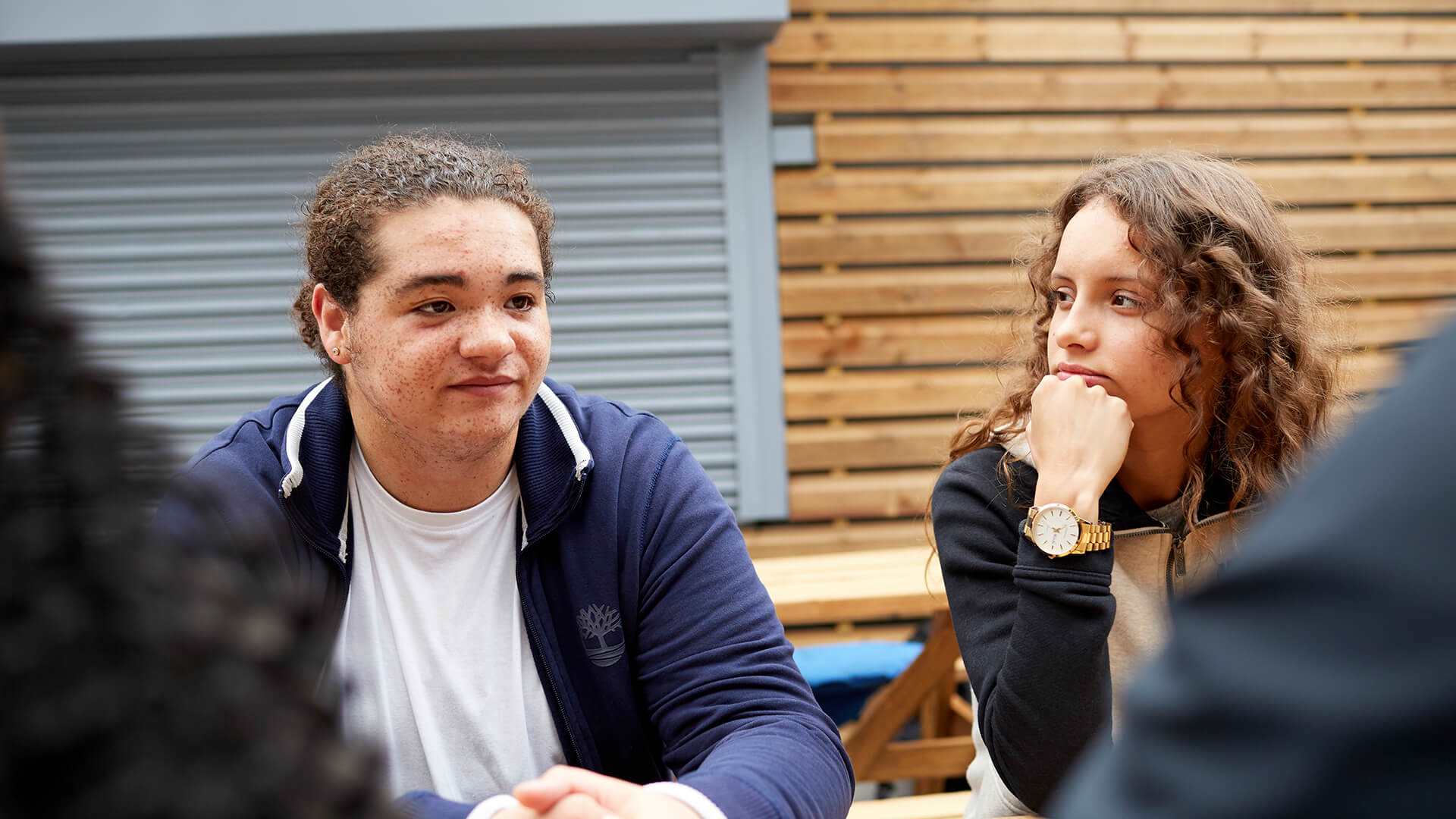
Reaching out and asking for help was one of the hardest things I’ve ever had to do, but with support from BEAT and my family I was diagnosed with an eating disorder and referred for cognitive behavioural therapy (CBT). I learnt a lot and wanted to share these things in the hope that it might help someone else who’s struggling like I was.
Sharing your experiences with others can help you feel less alone and encourage you to get better.
The Nest is a welcoming online space for anyone who has, or thinks they have, an eating disorder. It’s run by staff from the eating disorder charity Beat and is a confidential and safe space to share your experiences with other people in similar situations.
Sessions run every Tuesday from 6.45-7.45pm and you can attend as often or as little as you like.
Some social media accounts make eating problems seem cool or glamorous. This isn’t helpful for your recovery and can be really damaging. It’s tough, but consider swapping these accounts with more positive ones.
Avoid apps, accounts or websites that contribute to your negative body image and your relationship with eating.
Real stories about recovering from eating problems
Hope Virgo's story of recovery
Hope Virgo found it hard to express her emotions from a young age. As a teenager, she started eating less and less, until a point came where her heart was close to failing and she was admitted to hospital to be treated for anorexia.
Watch Hope tell her story in her own words.
Supporting someone with an eating problem
It's not all on you
Remember, if you’re worried about someone, it’s not all on you to fix it and you don’t have to keep it a secret. If they don’t get the help they need, things can get much worse very quickly. Telling someone you trust is crucial – the quicker your friend gets support, the more likely they are to recover.
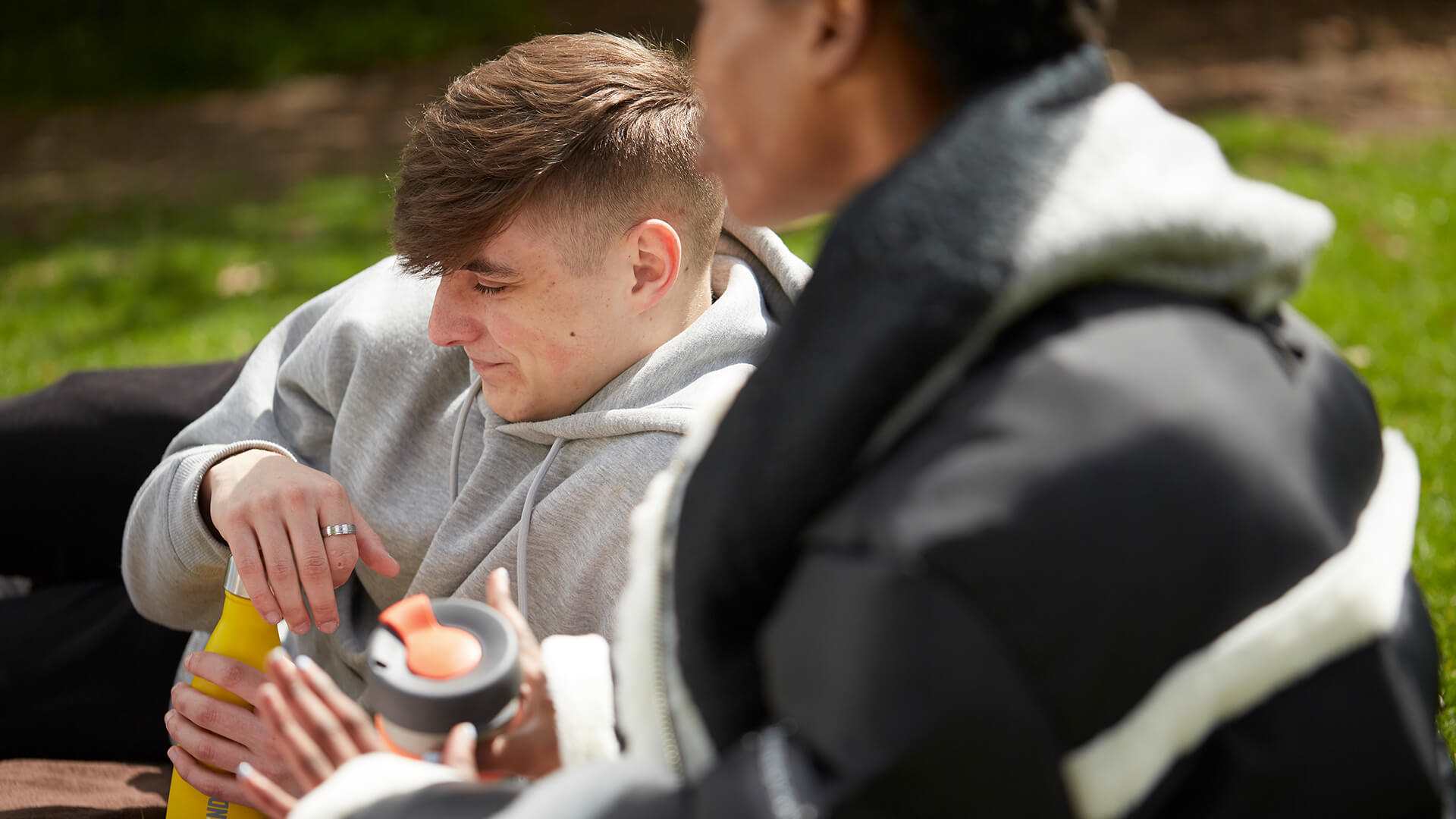
Remember that by telling an adult that you think there might be a problem, you are not being a bad friend – in fact, you are being the best friend you could possibly be by helping them and spotting the signs of a relapse early before it spirals out of control. Even if your friend does not see you helping them as a good thing immediately, I promise when they begin to recover they will really appreciate it.
Get help now
If you're not sure where to turn to for support right now, try one of these services.
-
Beat
Offers information and support for anybody affected by eating disorders.
One-to-one web chat available. They also run a range of online support groups, which are all fully moderated and anonymous.
Enter your postcode in the HelpFinder to see what eating disorder support is available in your area.
View their information on helpline accessibility and confidentiality.
- Opening times:
- 365 days a year - weekdays (9am - 8pm); weekends (4pm - 8pm)
-
Youth Access
Provides information about local counselling and advice services for young people aged 11-25.
Put in your location and what you need help with into their 'Find help' search, and see what services are available in your area.
-
Childline
If you’re under 19 you can confidentially call, chat online or email about any problem big or small.
Sign up for a free Childline locker (real name or email address not needed) to use their free 1-2-1 counsellor chat and email support service.
Can provide a BSL interpreter if you are deaf or hearing-impaired.
Hosts online message boards where you can share your experiences, have fun and get support from other young people in similar situations.
- Opening times:
- 24/7
More guides and advice

This page was reviewed in March 2024.
It was co-created with young people with experience of eating problems.
We will next review the page in 2027.
YoungMinds is a proud member of PIF TICK – the UK's quality mark for trusted health information.
Whether you love the page or think something is missing, we appreciate your feedback. It all helps us to support more young people with their mental health.
Please be aware that this form isn’t a mental health support service. If you are in crisis right now and want to talk to someone urgently, find out who to contact on our urgent help page.
